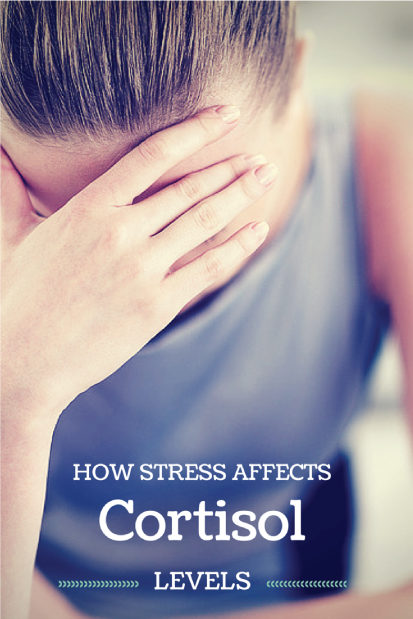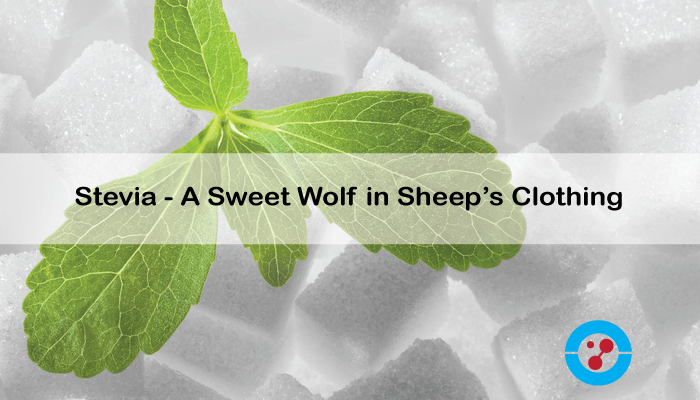The world is a stress-filled place. Stress can be overcome by a lifestyle that includes nutrition, life-style maintenance, exercise, and proper sleep as key stress reduction pathways. Without the proper building blocks for mental and physical health, our stress will overwhelm us.
Bad stress is a persistent feeling of loss of control and being overwhelmed, threatened or isolated. It can also arise from prolonged inactivity. In fact, it can just as easily be generated from our own thoughts, such as when we attempt to hold onto opposing views and values at the same time.
Negative stress is a growing and significant killer in Western societies.
Cortisol has been termed “the stress hormone” because it is automatically produced in much higher levels during the body’s ‘fight or flight’ response to anxiety and fear. It is responsible for several stress-related changes in the body. Small increases of cortisol have some positive effects:
• A quick burst of energy for survival reasons (adrenalin “rush”)
• Heightened memory functions
• A burst of increased immunity
• Lower sensitivity to pain
• Helps maintain homeostasis in the body
Consistent cognitive and emotional pressure can cause the adrenal glands to produce too much cortisol, too often. Higher and more prolonged levels of cortisol in the bloodstream have been shown to have negative effects, such as:
• Impaired cognitive performance
• Suppressed thyroid function
• Blood sugar imbalances such as hyperglycemia
• Decreased bone density
• Decrease in muscle tissue
• Higher blood pressure
• Lowered immunity and inflammatory responses in the body, slowed wound healing, and other health consequences
• Increased abdominal fat, which is associated with a greater amount of health problems than fat deposited in other areas of the body.
Excess cortisol creates a cascade of internal compensating mechanisms that tax the other hormones and glands: thyroid, insulin, progesterone, testosterone, serotonin, DHEA. As a result, stressed people burn certain minerals in their bodies that are used in hormone production and regulation. There are both immediate and chronic effects.
Urine and hair analysis of people undergoing recent acute stress shows an immediate loss of calcium, magnesium and zinc.
If you are concerned about your stress levels, it may be time to consider diagnostic testing and a program to get back on track. These are individually formulated and patients are not only healed, but given the necessary tools to implement and make life long changes. High cortisol is not simply cured by taking supplements. It requires a restoration in your overall lifestyle and endocrine systems.


